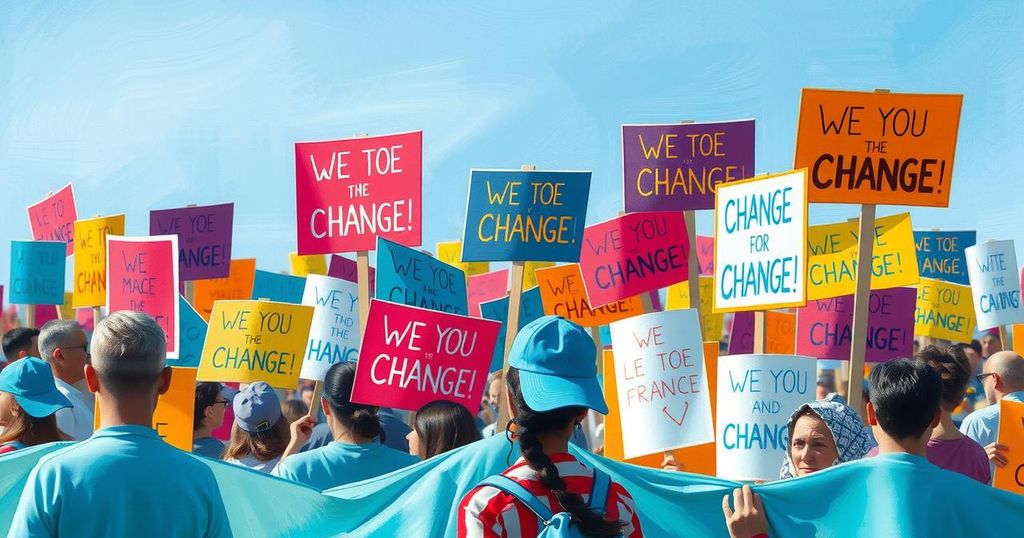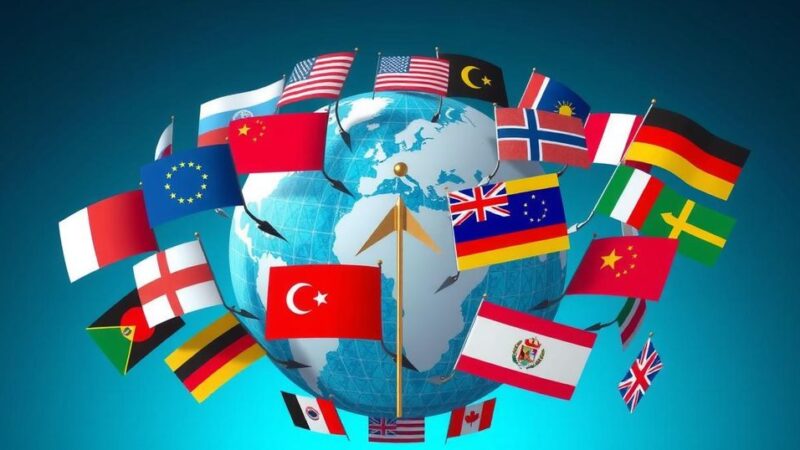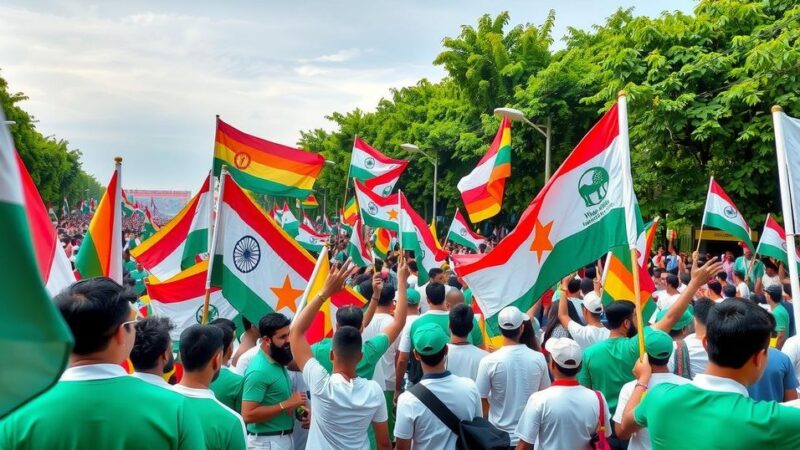In Mozambique, protests erupted post-October 2024 elections, fueled by police violence and distrust in FRELIMO’s election victory. Activists called for general strikes, leading to hundreds of casualties. Meanwhile, protests in Angola expressed solidarity with Mozambique, showcasing similar challenges of corruption and socio-economic crises. The situation has prompted an examination of human rights violations and government repression, highlighting a regional struggle for democracy and accountability.
Following the October 2024 elections in Mozambique, a significant wave of protests emerged, initially sparked by the demand for justice regarding the murder of lawyer Elvino Dias and PODEMOS leader Paulo Guambe. The protests escalated due to police violence against demonstrators and growing distrust in the electoral process, which confirmed FRELIMO’s continued rule since independence. Citizens of diverse backgrounds protested, expressing their frustration through placards and chants, notably using Azagaia’s song, “People in Power,” which critiques the government and has become synonymous with protest against rising living costs.
Protests persisted well into January, even after the inauguration of President Daniel Chapo. Activist Venâncio Mondlane called for a general strike, emphasizing public anger at police brutality. Tragically, reports from the organization Plataforma Decide highlighted that over 300 individuals lost their lives and more than 600 sustained injuries due to state repression since late October, raising serious concerns about human rights violations in Mozambique.
Protests also erupted in Luanda, Angola, in solidarity with the Mozambican demonstrators. The Angolan capital witnessed similar occurrences of police violence, mirroring the suppression experienced in Mozambique. FRELIMO, which has maintained political dominance since the 1975 independence from Portugal, faced opposition from parties such as RENAMO and MDM, with the emergence of PODEMOS from political dissatisfaction expressing the increasing tensions in the region.
The political landscape in Mozambique reflects a troubled electoral process filled with allegations of irregularities, intimidation, and fraud. Consequently, opposition parties have challenged the legitimacy of the election results and engaged in dialogues with the government aiming to alleviate the crisis. Nonetheless, dissent remains strong among the populace, leading to continued protests demanding an annulment of the election outcomes.
In response to these protests, the Mozambican government deployed forceful methods, employing tear gas and live ammunition against peaceful demonstrators, resulting in hundreds of casualties. Human rights organizations have condemned these actions, prompting calls for accountability and constructive dialogue from international bodies. The escalation of violence has led to significant attention from groups like Amnesty International.
Angola, sharing similar socio-economic grievances, including rampant corruption and unemployment, has grown increasingly responsive to the turmoil in Mozambique. Protests erupted in Luanda against these same issues, with demonstrators decrying police misconduct and government inaction. João Malavindele, from the NGO Omunga, observed striking parallels between the governing strategies of MPLA in Angola and FRELIMO in Mozambique, highlighting the fear of potential instability crossing borders.
As relevant civil society organizations generate vital discussions in Angola, human rights violations remain critically documented. Initiatives like “Conversations from our yard” indicate growing awareness and engagement among Angolan activists and academics, seeking to learn from their Mozambican counterparts. Reports concerning arbitrary limitations on peaceful assembly are anticipated, indicating a committed effort to document human rights conditions in Angola moving forward into 2025.
The ongoing protests in Mozambique against electoral injustices and police brutality have sparked significant unrest in Angola, as civil society there responds to analogous socio-political challenges. The demonstrations highlight profound grievances regarding government corruption and economic instability in both nations. While Mozambican activists continue to confront governmental repression, Angolan citizens demonstrate solidarity, emphasizing the need for systemic change. The evolving political climate in Southern Africa demands vigilant monitoring and support for human rights across borders, aiming for a comparatively equitable governance. Ultimately, both Mozambique and Angola face critical junctures, shaping the future dynamics of their political environments based on citizen engagement and advocacy for democratic freedoms.
Original Source: globalvoices.org






